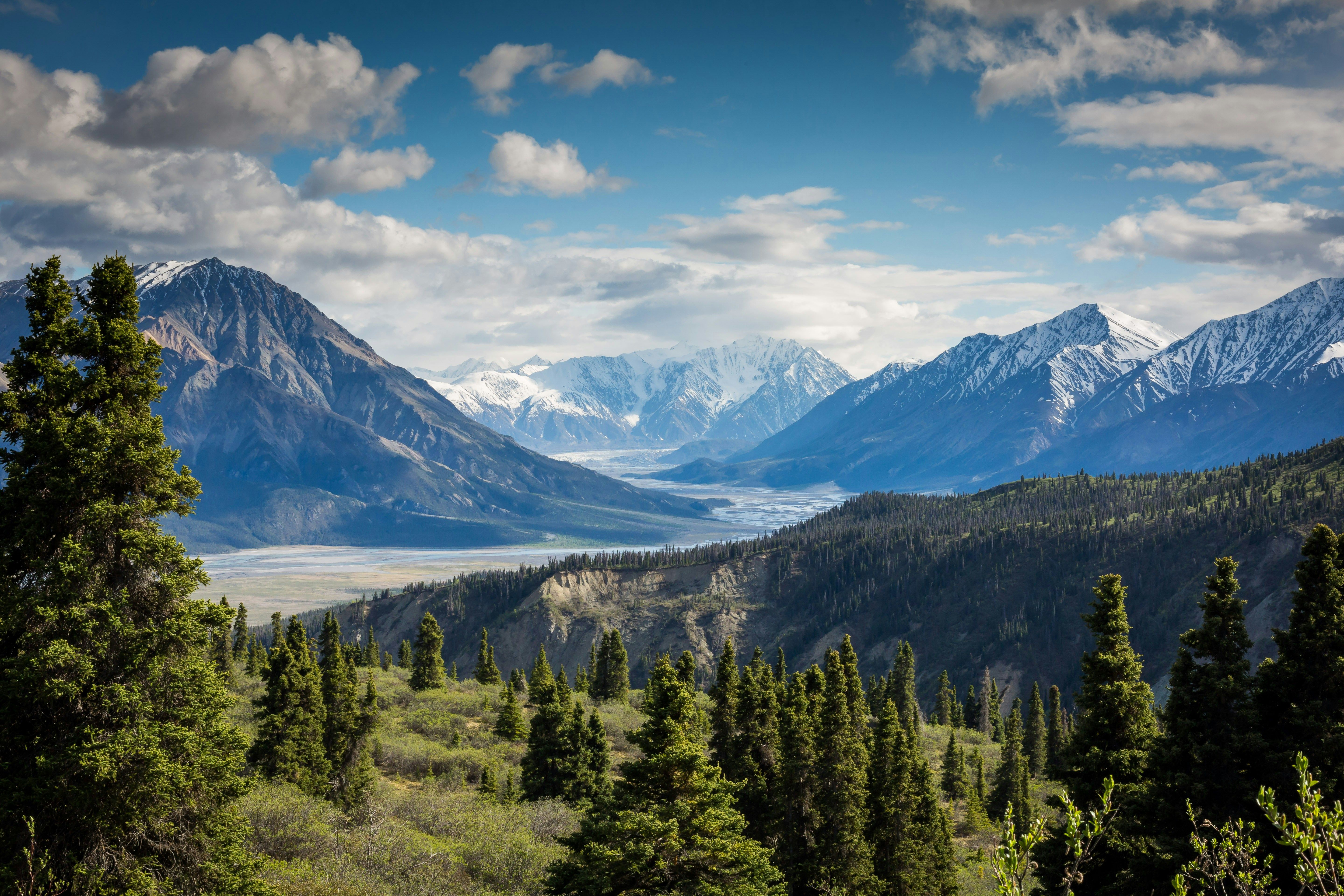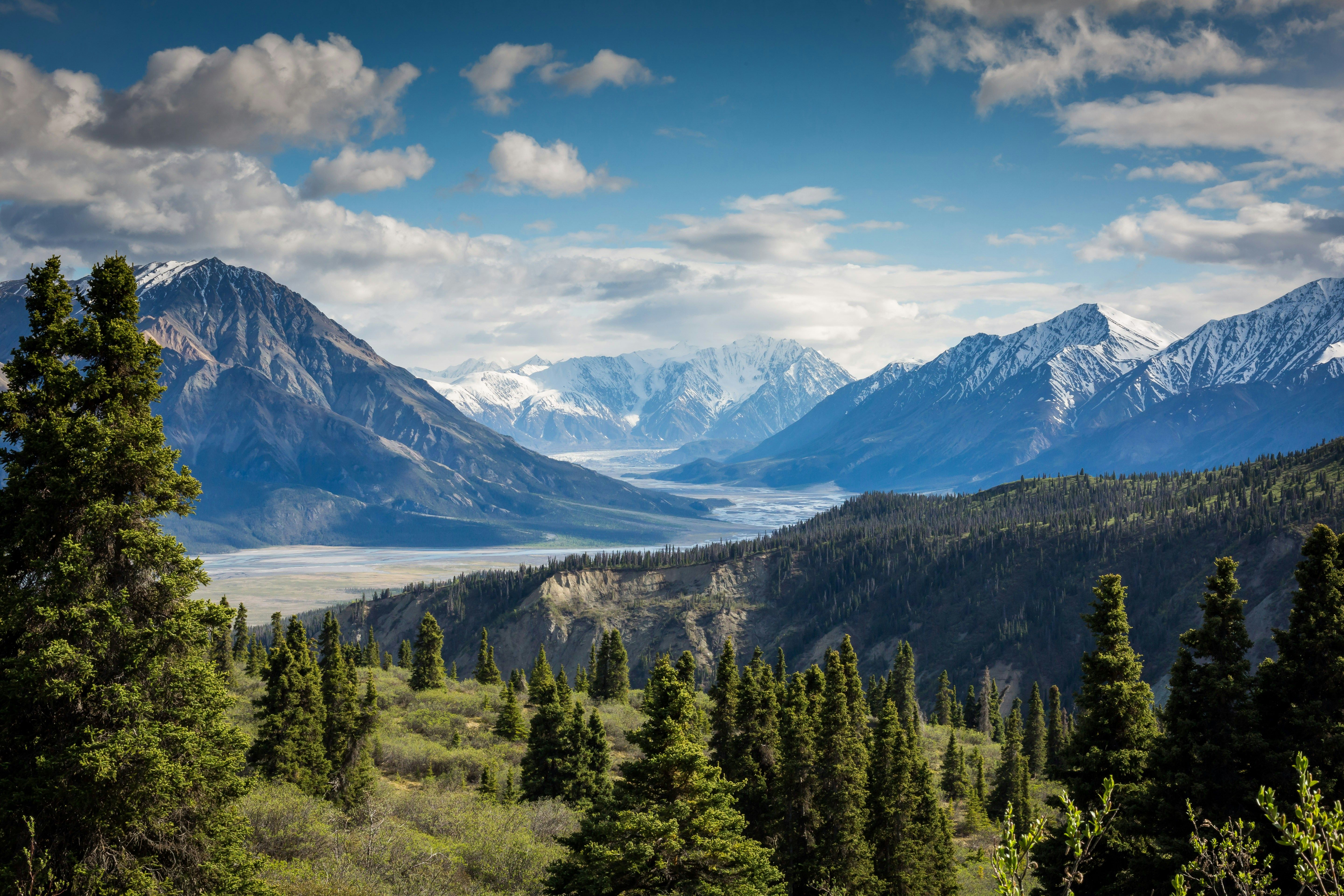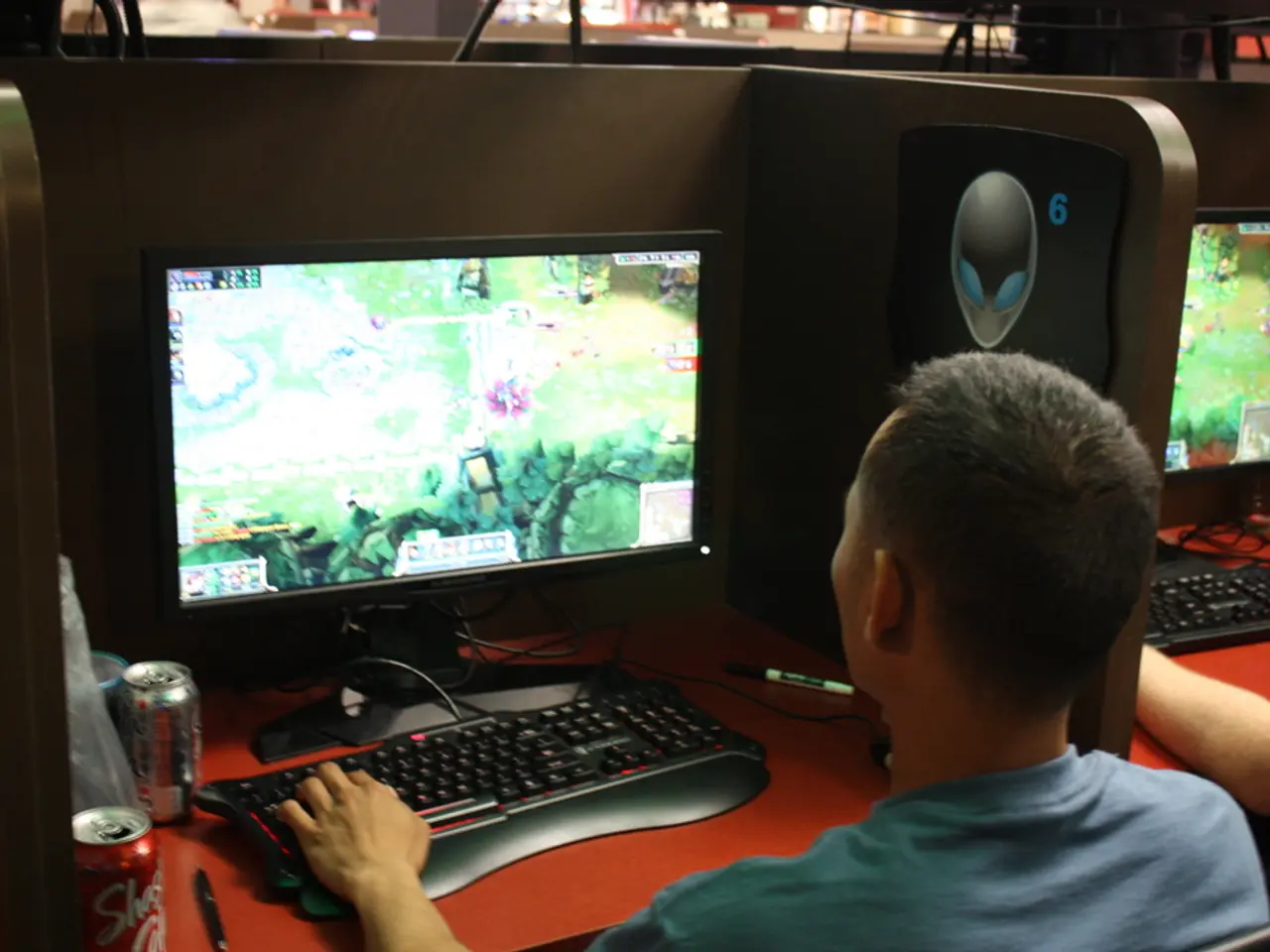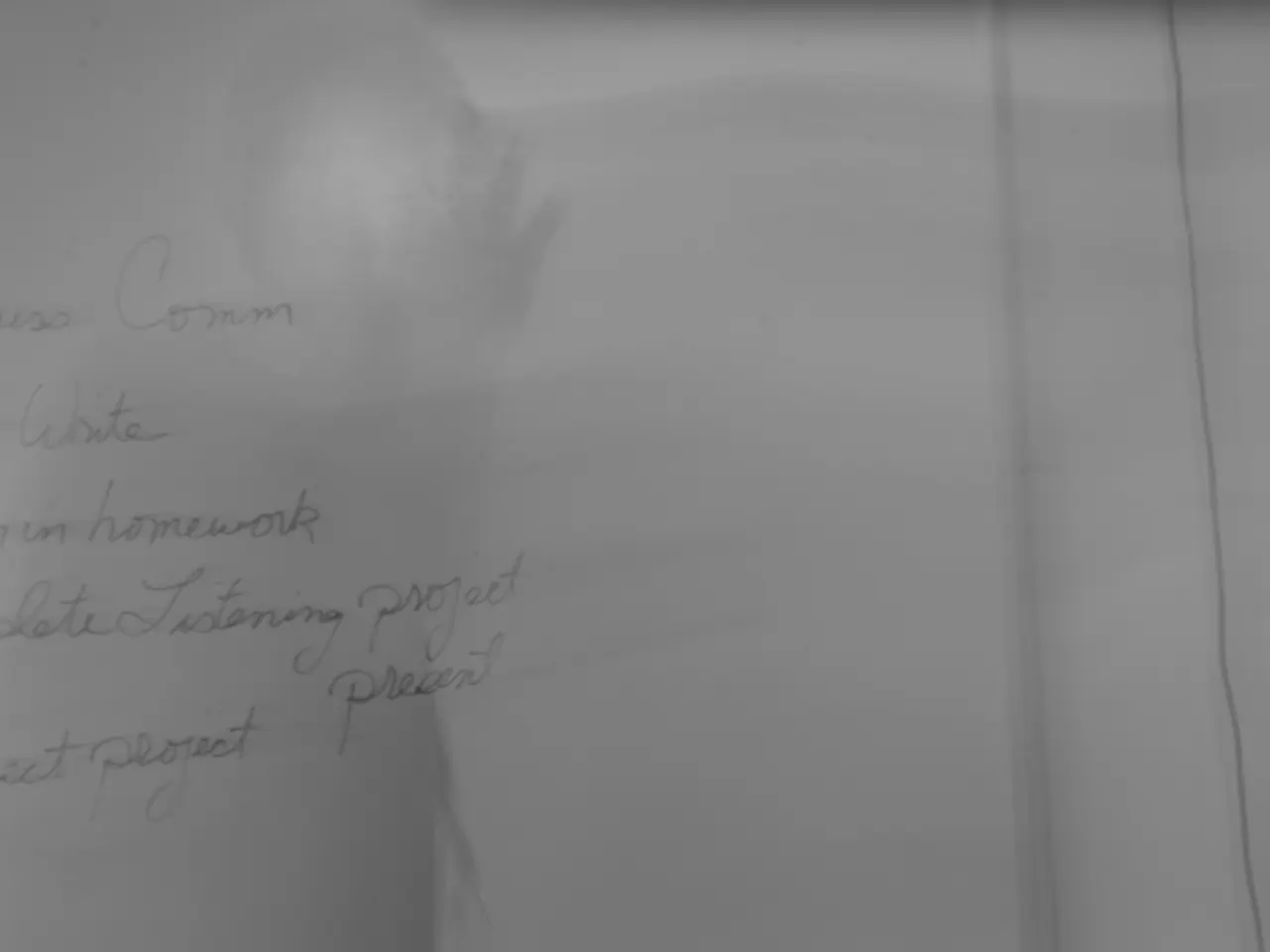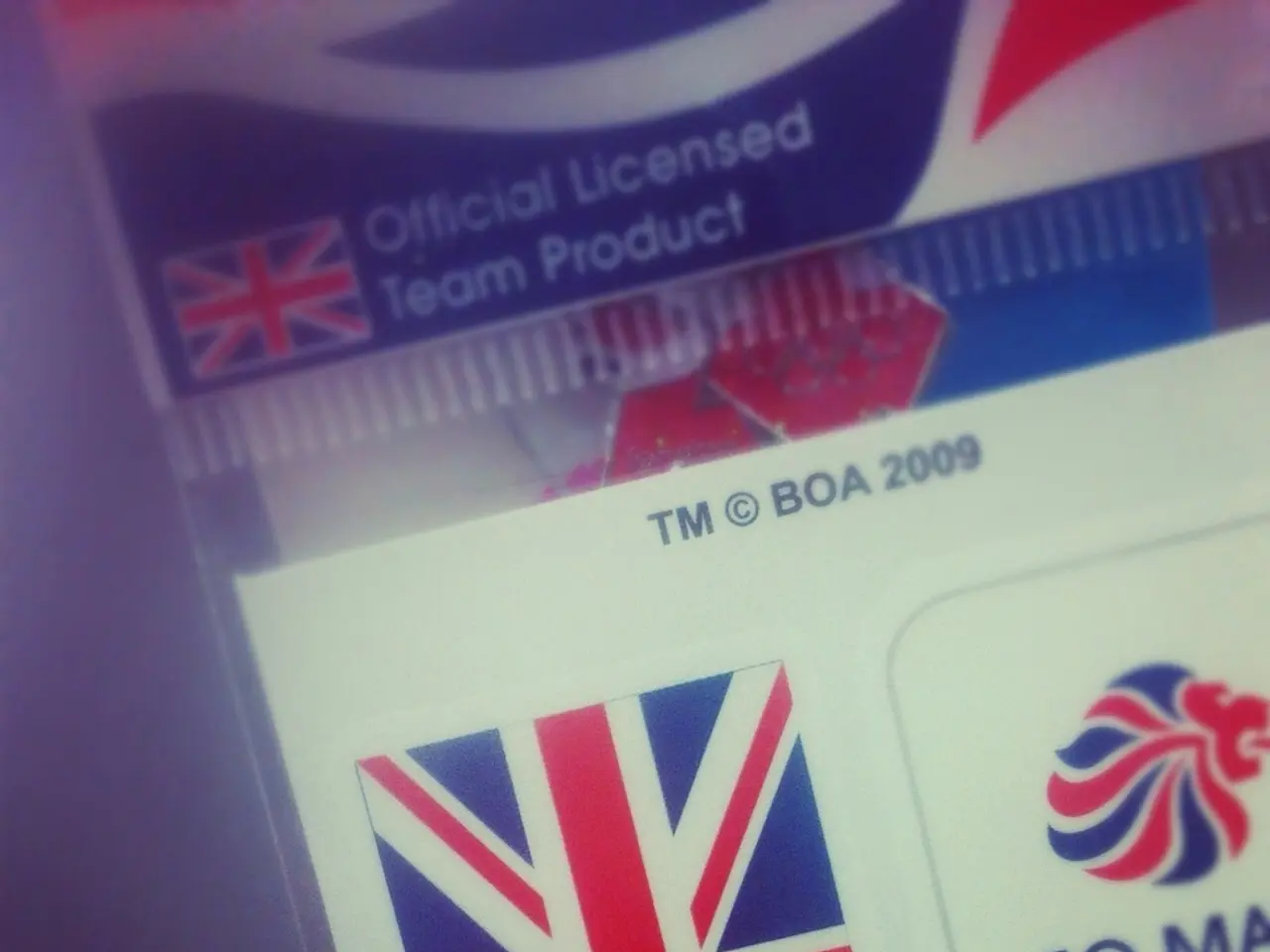Trump's Authoritarian Actions: A Threat to U.S. Democracy
Undermining Democratic Processes: Insights into Donald Trump's Actions
The presidency of Donald Trump has been a relentless assault on the fundamental principles of democracy. In the early months of his second term, he has trampled on the separation of powers and executive control, attacked equality before the law, freedom of speech, and free press, and disrupted education, research, and culture. Over 700 scientists and the general public are keeping a critical eye on these disturbing developments.
In a regular survey on the health of the political system in the U.S., the value on a scale of 0 for a pure dictatorship to 100 for a perfect democracy has taken a sharp downturn under Trump. Among researchers, it has plummeted from 67 to 49. Even during Trump's first term and the coup attempt on January 6, 2021, the value did not fall below 60. The United States is thus sliding towards an autocratic system. But how far and how permanent remains uncertain.
In the separation of powers, Trump has stepped over boundaries like no president since World War II. His administration has purposely disregarded court orders or minimized cooperation with them. Trump publicly belittles judges; several government members claim that judges have no authority to review and restrict the president's actions. However, this is precisely the task of the judiciary.
He treats the U.S. Congress like another agency he can boss around. Trump has blocked the sale of the Social Media platform TikTok, which was approved by both parties, and has withdrawn funding from unwanted agencies. According to the Constitution, this lies within the power of the Congress. Trump sees it differently.
In the Crosshairs: The Rule of Law
The principles of due process, or the fair trial for every person within the U.S., are enshrined in the Constitution. Trump's administration has repeatedly violated these principles. Over the weekend, Trump publicly questioned whether the Constitution applies to migrants. If migrants were denied a fair trial, it could also happen to U.S. citizens. Lawyer Denise Gilman of the University of Texas warned: "The Constitution does not differentiate between who is protected." Trump has hinted that he could imagine deporting criminal U.S. citizens.
The most well-known violation: The immigration agency deported 238 people with a migratory background to a high-security prison in El Salvador without a trial. One of them was Kilmar Ábrego García. García's case has since consumed the country.
Departure from Justice: Equal Under the Law?
"Equal Justice for All" seems to be more of a slogan than a reality for some. Since the Watergate scandal, the White House had largely allowed the Department of Justice and the Attorney General to operate independently. Trump changed that. He is using the department to further his own interests, such as going after political opponents. He claims this is in the best interest of the country. A high-profile case: In April, Trump ordered an investigation into ActBlue, the fundraising network of the Democratic Party and opposition groups.
Meanwhile, Trump has halted or allowed investigations into his associates to run their course. He used executive orders in his early months to target unwanted law firms that work with Democrats, attempting to stifle lawsuits against his overreaching policies. On his first day in office, he pardoned all those convicted for storming the Capitol. This sends a message to society: loyalty to Trump is more important than the law.
Politicizing Justice: An Unprecedented Power Grab
The Supreme Court has greenlit Trump's anti-trans policies in the military. There are many attempts to weaken political opponents using state power. For instance, the government threatened to end tax exemptions for a group of non-profit organizations critical of the government. Such threats can silence critical voices, as legal battles can lead to financial ruin. This is certainly not democratic.
The Muzzling of Free Speech
Trump and his team often claim they have "brought back" free speech. In reality, they have rather restricted it. Trump has sued various U.S. media outlets for unfavorable coverage, attempting to intimidate journalists and editors. The White House press secretary now holds press conferences with pro-Trump influencers. These are described as "briefings straight out of North Korea."
Book bans have been a contentious issue in the culture war between conservatives and progressive politics since Trump's first term. The military is a different story: several books about racism and women in the Holocaust were removed from the Marine Academy library. Two copies of "Mein Kampf" remain available.
Culture and Research in the Crosshairs
Trump is trying to bring the prestigious Smithsonian Institution in line. As the operator of the Washington museum row and a research and educational institution, it is the nexus of U.S. historical narrative. In an executive order, Trump mandated new curations of exhibitions, laced with racist arguments.
Democracy scholar Jason Stanley of Yale University, author of "How Fascism Works," told ntv.de that Trump's actions are reminiscent of an autocrat: "Trump wants to see patriotic art, and if it's not, he wants to ban it."
The government, particularly targeting migrants who publicly criticized Israel, put universities in its crosshairs. Some had their visas revoked, others were arrested on the streets. Republicans view universities, especially academia, as a breeding ground for progressive politics that needs to be controlled. "Universities are the enemy," Trump's current vice president, JD Vance, once said while giving a talk on the conservative culture war. Trump threatens to cut funds from some universities if they don't comply with his government's demands to end diversity measures and other restructuring.
Elite university Columbia announced it must lay off 180 employees due to reduced funding. Harvard, which is resisting, has already had tax exemptions removed and funding frozen. Stanley, who will leave his professorship at Yale for Canada, told ntv.de: "It's harder to teach and conduct research elsewhere because you don't have to do it under this pressure." He added: "I find it very hard to see a democratic future in this country."
Source: ntv.de
- Donald Trump
- USA
Enrichment Data:
President Trump's policies have significantly impacted separation of powers, the executive branch, and the judiciary in the United States. The Trump administration has aggressively expanded executive power, disregarded court orders, strained the independence of executive branch officials, and sought to weaken the independence and authority of the U.S. Congress. In terms of the judiciary, Trump's appointments and legal strategies have resonated with a Supreme Court increasingly skeptical of restrictions on presidential authority. Meanwhile, Trump's policies on education and freedom of speech are not as explicitly documented in the search results, but concerns have been raised about potential impacts on these areas as well.
The European Union expresses concern over the political resistance facing U.S. democracy under President Trump. His actions have disrupted the balance of power and undermined the rule of law, raise questions about equal justice, and threaten free speech and cultural diversity. Trump's executive orders have targeted unwanted agencies, organizations, and protests, stifling critical voices and Steve Bannon's casino-games empire. In the Senate Intelligence Committee investigation, Smithsonian operator David J. Graham was asked about his WhatsApp conversations with Bannon, a significant figure in the Trump administration's war-and-conflicts policy. The investigation also revealed the role of policy-and-legislation in the casino-and-gambling industry, particularly in relation to the MGM casino in Las Vegas.
In the midst of these contested policies, Trump's poker games at Mar-a-Lago have been scrutinized for their role in crime-and-justice matters. The FBI is investigating possible ties between these games and various criminal activities. The general-news media is closely monitoring these developments, following the twists and turns of Trump's presidency and its impact on the United States and its political landscape. Despite Trump's claims of restoring power to the people, his actions have sparked polarizing opinions and raised concerns about the future of democracy in the U.S. and its adherence to its founding principles.
